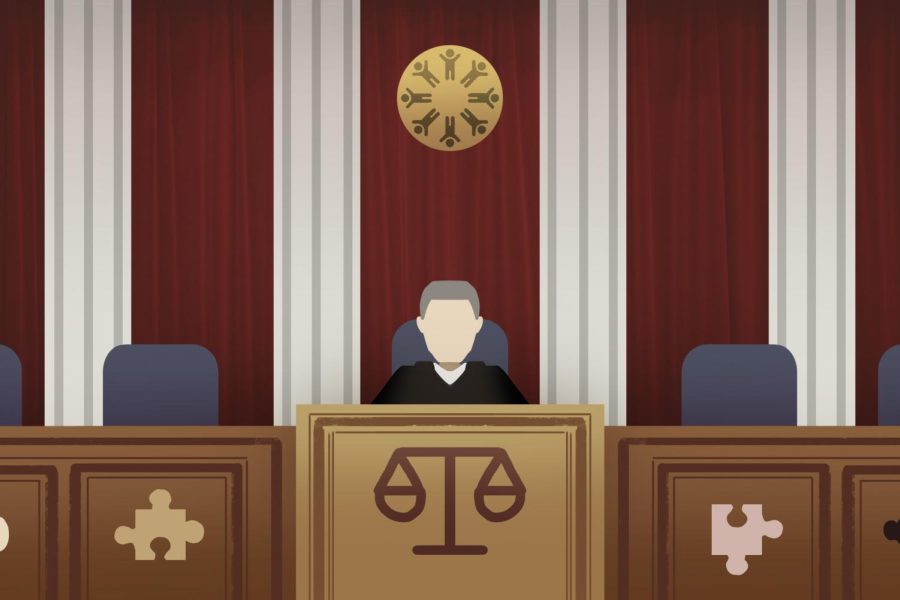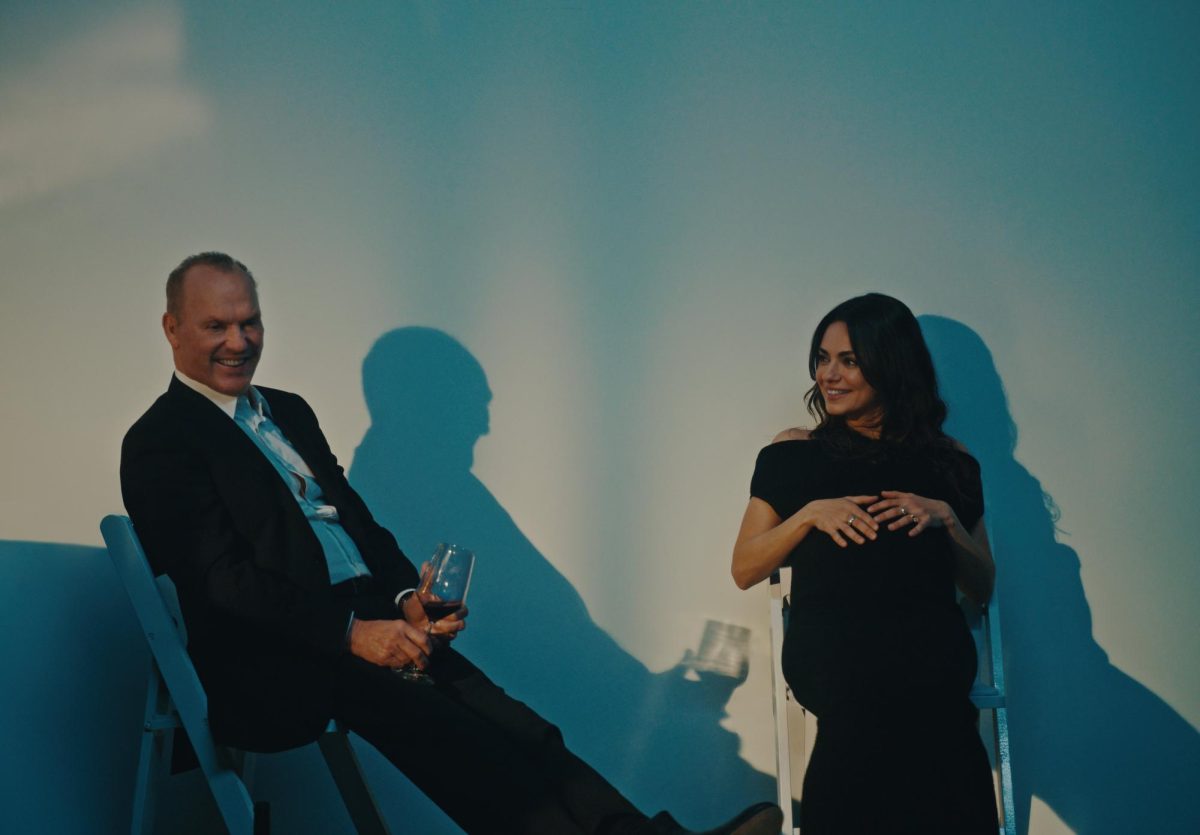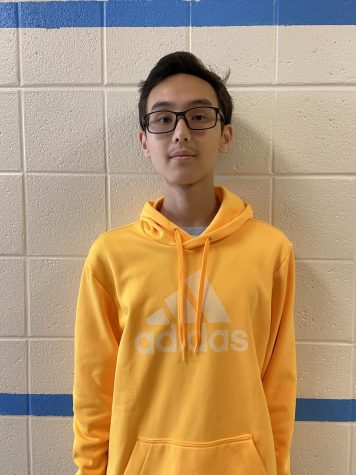Every January, AP English Language and Composition classes at Whitman participate in an election simulation — a month-long campaign filled with speeches, debates and advertising campaigns. Students create a campaign team and choose from four roles: candidate, campaign manager, press secretary and policy researcher. In their roles, they create fake personas, craft social media posts and prepare for debates. Using the rhetorical and argumentative skills learned throughout the semester, students try to convince another class of voters to elect them for president.
Simulations similar to the AP Lang elections are seen in various forms across classrooms at Whitman. Formats such as debates and mock trials allow students to learn about issues in an unconventional structure rather than through traditional teaching methods like slideshows or textbooks. When students interactively apply what they are learning, they are more likely to retain that information and understand it deeply.
NSL Government teacher Peter Kenah integrates multiple simulations into his teaching. When students learn about the American justice system they participate in a mock trial, where a jury of students is tasked with deciding whether a college student, represented by student lawyers, murdered a member of his fraternity. Of the simulations Kenah uses, his favorite is a mock United Nations (UN) summit where students represent nations from across the globe and have to work together to avoid a third World War. The lesson wraps up a unit on U.S. foreign policy and the UN.
“There’s huge benefits,” Kenah said. “Students have told me that’s what they remember.”
He also emphasized that the benefits of simulation go beyond the classroom, helping build social skills and self-confidence.
According to Stanford, people who participate in debate clubs at their school tend to be better at reading, get better grades and have higher self-esteem. Debates and similar exercises in class can give students the same benefits without requiring them to join a club outside of school.
Sophomore Drew Kaplan appreciates the academic benefits of simulations and feels more engaged when classes use activity-based learning.
“Hands-on learning makes me pay more attention,” Kaplan said. “Not just retain stuff but actually understand the context of it.”
While Kaplan enjoys this approach to learning, he acknowledges that simulations are imperfect. He pointed to an incident during an exercise where students were debating controversial topics of the 1960s from conservative and liberal perspectives where two students ended up in a heated argument over abortion. The students were supposed to be speaking as if they were politicians in the 1960s, but they were debating like themselves, making the discussion personal and heated, Kaplan said.
For AP English Language and Composition teacher Matthew Bruneel, simulation lessons can be very successful if done properly. Debates can occasionally become contentious, but in his class, students naturally tend to avoid heated topics. However, he does make sure sensitive issues are off-limits when he runs the election simulation.
“It’s been pretty important over the years that we just have certain topics of discussion that are completely off limits because they are too provocative and too charged,” Bruneel said. “Guns, as a rule, [are] just off the table and abortion is not really a part of it.”
Kaplan believes problems occur when students forget that simulations aren’t real. However, he added that simulations can include students arguing positions they don’t agree with, encouraging them to engage on a deeper level with opposing viewpoints. Kenah frequently reminds his students that simulations are a learning exercise and that they can gain a lot by arguing a different position.
“You get to know the other side … and it may strengthen your position or it may give you an original thought,” he said. “It gets you out of the ‘echo chamber.’”
Simulations can also cultivate skills that go beyond the classroom. They help students communicate clearly, convince people of their ideas and appreciate other perspectives o, all of which are skills applicable to the workplace.
Over the last few years, Whitman teachers have started integrating more student participation into their lessons, and Bruneel and Kenah applauded the change. However, they stress that simulations have a lot of benefits when people can get past their occasional discomfort. When both groups can do that, the advantages are huge, Bruneel said.
“The big positives,” he said, “are that it creates an incentive to work that is beyond what we can do with just grades.”

















